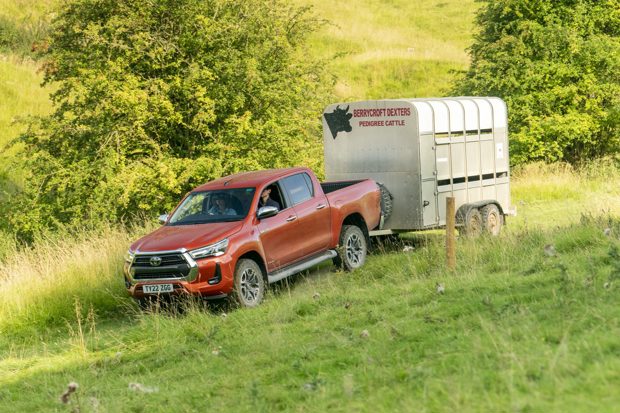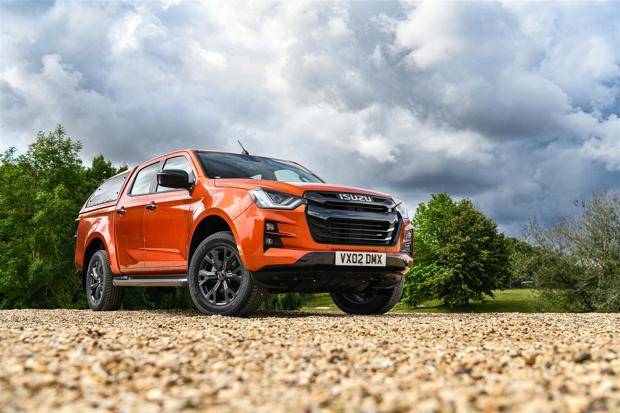HMRC U-Turn on decision to tax double cab pick-ups at the same rate as cars

HMRC has u-turned on plans to tax double-cab pick-ups as private cars following backlash from the business community, farmers and company vehicle drivers.
Under new guidance issued earlier this year, HMRC stated that from July 2024, double cabs with a payload of over one tonne would be treated as cars rather than goods vehicles in both benefit-in-kind terms and capital allowances.
The move triggered a furious reaction from small business users and the farming community, with pick-up owners stating that their professional need for the vehicles was not being considered.
Ever since benefit-in-kind company car taxation was introduced in 2001, the majority of double-cab pick-up drivers have paid less tax than on traditional company cars, thanks to a loophole that has always taxed commercial vehicle benefit at a fixed rate – substantially less than most cars.

It led to a boom in popularity for models such as the Ford Ranger, Toyota HiLux, Isuzu D-Max and Nissan Navara, with luxury-focused models in their line-ups.
Following backlash from the farming community in particular, HMRC has changed its position to say that double cab pick-ups over one tonne will now continue to be treated as commercial vehicles rather than cars, meaning SMEs, small businesses and company vehicle users can continue to benefit from the historic tax treatment. Double cab pickups with a payload of below a tonne will taxed as if they are cars.
The government issued a statement to say it had “listened carefully to views from farmers and the motoring industry on the potential impacts of the change in tax treatment [that could have] had an impact on businesses and individuals in a way that is not consistent with the government’s wider aims to support businesses, including vital motoring and farming industries.”
What pick-up is best?


